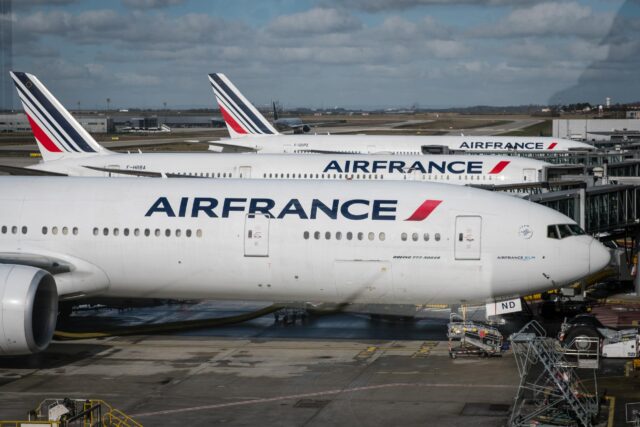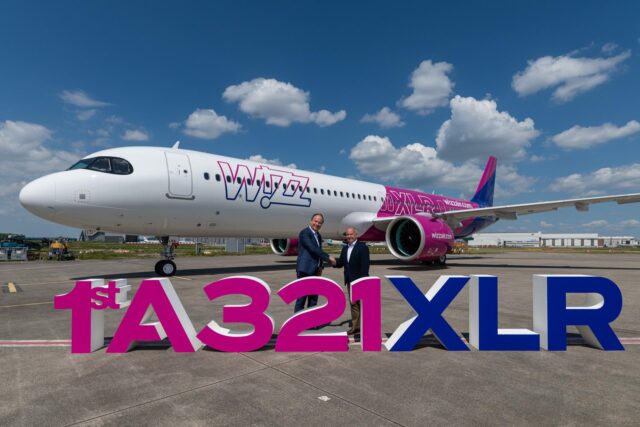2 ex-IndiGo Airbus A321neos scrapped at just 6 years old as parts shortage continues

August 21, 2025

Two Airbus A321neos are being scrapped in Spain just six years into their expected 20 to 25 year service life.
The aircraft, valued at over $120 million new, were returned to the lessor following a six-year lease to IndiGo, but have now been sold to Setna iO for teardown.
Scrapping these young aircraft spotlights how, in an industry with a broken supply chain, multi-million dollar machines can become more valuable in parts than they are complete.
11 Airbus A320neos have been scrapped so far
According to Rob Morris, head of consultancy at Cirium Ascend, fleet data shows that 11 A320neo aircraft have already been parted out.
All but one of these were fallout from Indian airline GoFirst’s bankruptcy. Those aircraft, mostly 2016-2018 vintage, were recovered from the carrier in poor condition. Strong demand for the engines drove the decision to scrap the aircraft.

But these two IndiGo A321neos, much younger and better maintained than the GoFirst aircraft, are a different situation.
When aircraft are returned from lease, they must be handed over in excellent condition. This means they’ll be fresh from the repair shop and would have had a recent D-check. They should have been ready to lease out straight away to another airline.

The A321neo is the most in-demand Airbus narrowbody in the world, having overtaken the A320 in orders in 2023. Its high capacity, excellent operating economics and long range have seen its popularity surge, so why didn’t the lessor seek a customer to continue flying these aircraft?
When an aircraft becomes worth more in parts
According to Cirium’s current market lease rates, A321neos fetch a monthly return of around $350K for the lessor.
With limited availability of used models and a backlog of seven to nine years for new aircraft, placing these jets with a new owner should have been easy.
However, Morris points out that, amid a shortage of engines and other aircraft parts, the value of part-outs is rising.

“Our most recent estimate of part-out value for the aircraft ranges between $45m and $56.5m, depending upon engine condition (the bounds being half-life and full-life),” Morris explains. “The engines themselves each have a $15.2m-$21.4m value at present and a potential [lease value] of $230k per month.”
It would appear the owner has decided to take the money now rather than re-lease and assume the ongoing risk for the rest of the aircraft’s life.
Early part-outs and engine supply challenges
The scrapping of these two Airbus A321neos is a sure sign of the times.
Supply chains are no longer in crisis mode, but full recovery is still a long way off. Labour gaps, material shortages and complex certification bottlenecks mean airlines are still waiting longer than they’d like for replacement parts and MRO services.
The PW1100 engines, in particular, are in high demand as hundreds of A320neo aircraft remain grounded as Pratt & Whitney works to address the powder metal contamination issue plaguing the powerplant.

As airlines grapple to keep enough aircraft flying to maintain their schedules, some have been turning to somewhat unorthodox strategies.
Delta Air Lines, for example, has been removing engines from brand-new aircraft in Europe and shipping them to the USA, thereby avoiding tariffs and keeping its existing aircraft in service.
In late June, an ex-EgyptAir Airbus A220 was scrapped in Canada as it was considered more valuable in pieces than as a whole aircraft.
As demand for aircraft parts continues to outstrip supply, we could see more early part-outs of relatively young aircraft.
















